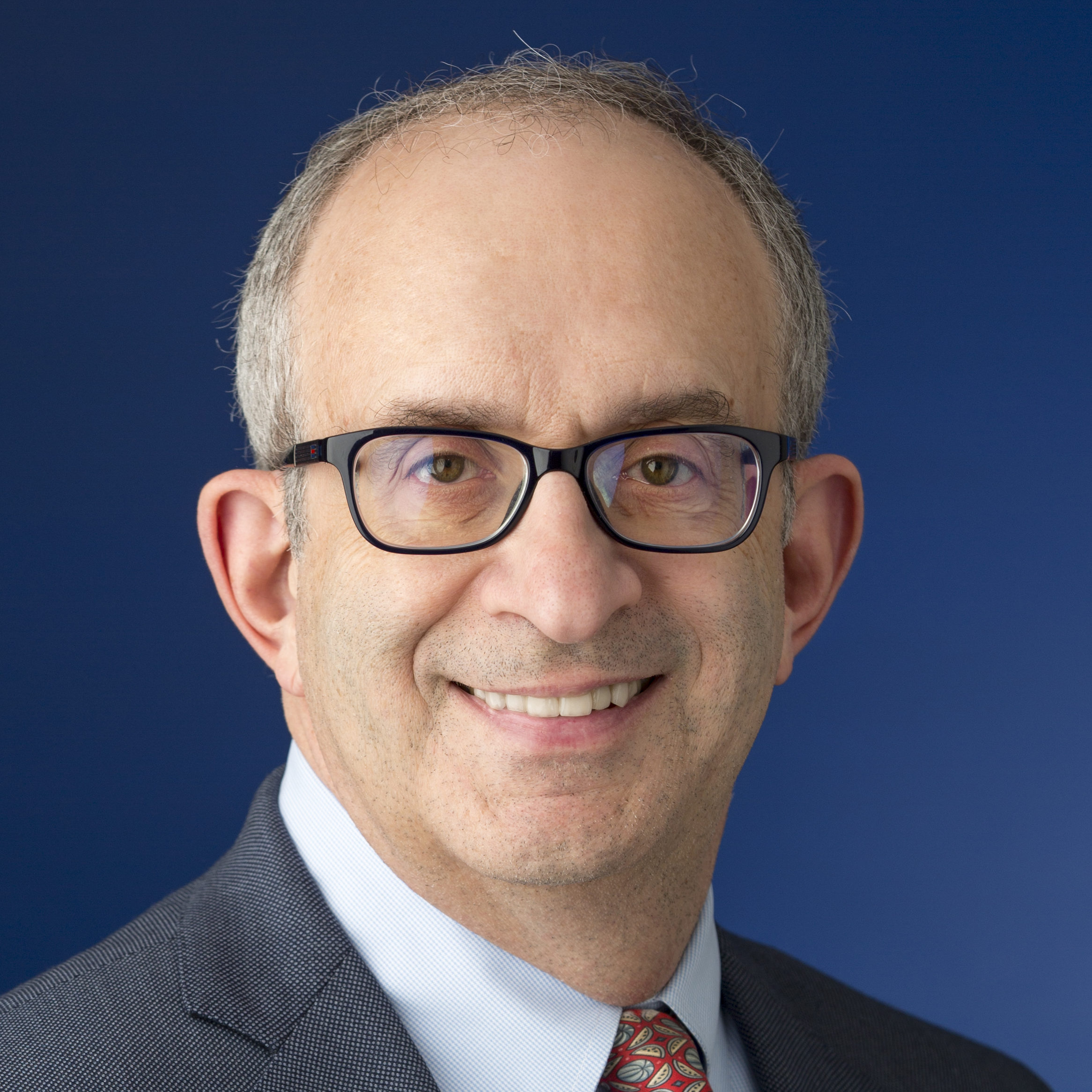
Desperate times called for unusual measures over the last year, often with surprisingly valuable results.
As campuses across the country plan to reopen this fall, medical and health science education should use the lessons learned during the pandemic to improve the training and clinical experience we give our students.
Here are three ways that our adaptations to the pandemic enhanced medical and health science student learning.
1. Technology expanded interdisciplinary collaboration and personalized learning
Healthcare today, in both private practice and hospital settings, is delivered by teams of professionals across disciplines; the pandemic showed us new ways to begin developing that collaborative mindset.
Virtual lectures, a necessity during the pandemic, enable universities to share resources across locations, expand the pool of lecturers and bring students together across different fields of study and multiple locations. Pharmacy, medical and certain health science students can learn and work on key issues in a multi-disciplinary fashion through virtual means.
Computer-generated avatars such as ihuman, which is used in physician assistant (PA) programs, helps promote critical thinking and enhance classroom learning. These avatars simulate patient case interaction, enabling students to respond to faculty-designed cases with physical diagnosis.
While we used the avatar at Touro prior to COVID, we expanded its use during the pandemic and connected the ihuman cases to the topics being covered in-class lectures. Students increased the number of cases they worked on and, as they learned more about diagnostic testing, they were given harder cases to diagnose in the virtual environment.
Using this platform during the pandemic helped program directors realize how beneficial it could be in developing the critical thinking skills needed to master the diagnostic skills required of a PA. In the classroom setting, it’s difficult to assess each student’s skills. This virtual platform allows professors to see each and every student’s ability to process the learning, ask the right questions, and think critically.
Using the virtual environment for student assessments shows promise in the medical school setting. Normally, these assessments are performed in the classroom, and students do not have any options about how they engage with the questions. The faculty runs the exercise and facilitates the discussion.
However, when these assessments were moved onto Canvas during the pandemic, students chose whether to work on them individually or in a small group and how much time they wanted to take to answer the questions. Student surveys indicated that 80-90% of the students appreciated these assessments.
While the in-class experience would still be available in the future, offering an additional space for the students to assess themselves is an option that clearly shows value.
2. Virtual field experiences led to new skills for students and new modes of care for patients
Canceled clinical experiences and rotations were another challenge that led to valuable training opportunities. For example, our occupational therapy program created robust and innovative virtual fieldwork when the usual sites could not accept students.
Partnerships were formed with community organizations serving a variety of populations. A model of program development was born as students met with partners by Zoom, assessed the needs of the sites as well as the clients they served, developed and implemented programs, and determined outcomes measures.
For an Alzheimer’s disease resource center, caregivers were interviewed to assess level of burden, depression and needs. The students developed educational videos that simplified activities of daily living for caregivers such as shopping, financial management, and meal prep. This model was successful and will be incorporated and expanded into future training for occupational therapy students on the doctoral level.
3. Pandemic demands highlighted both the importance and the challenge of healthcare careers
In addition to learning what works virtually, the pandemic brought home the essence of what healthcare careers are all about, and administrators should work to incorporate these into our curricula.
Many students volunteered to respond to the medical crises precipitated by the pandemic in numerous ways—Covid testing, providing vaccines and front-line work. We must continue to encourage and model that kind of dedication to patients so that we instill in our students the commitment to patients’ healthcare that is so crucial to their success as clinicians.
In many cases, the volunteer programs were student-initiated, but to ensure that these experiences will truly train them for their future, we should offer those opportunities along the continuum of their education to foster the dedication needed to succeed in real-world settings.
We certainly know that healthcare can be tough on providers, but the pandemic brought this aspect to the fore in vivid color. Providers experienced myriad challenges including overwork, poor working conditions, fear, and exposure to illness. They were thrust into situations for which they weren’t necessarily prepared.
We must ensure that when students choose to go into healthcare, and when they’re admitted to healthcare professions, they understand that these difficulties could be in their future and are ready to rise to the challenge. We need those who are dedicated to serve, support and care for patients, even in the case of global disasters.
The lessons of the pandemic were multi-faceted and felt by educators across the spectrum. Although there will be a return to traditional modes of education as campuses open, program directors and administrators will undoubtedly incorporate insights gained during this difficult time.
As we all take a step back and assess the positive outcomes from this devastating pandemic, medical and health sciences training will be enriched as a result.
Dr. Alan Kadish is president of the Touro College and University System.





